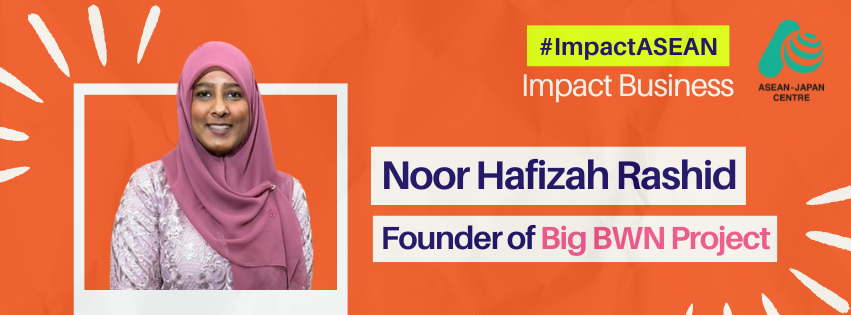Big BWN Project (short for “Big Begawan Project”) was established in 2015 to create economic opportunities for Bruneians by empowering the local community, youth, entrepreneurs, and women through impact-driven community projects. As Founder, Noor Hafizah (“Fisha”) Rashid spearheaded over 350 local and regional projects, reaching over 100,000 people.
Read more about Fisha’s #impact journey below.
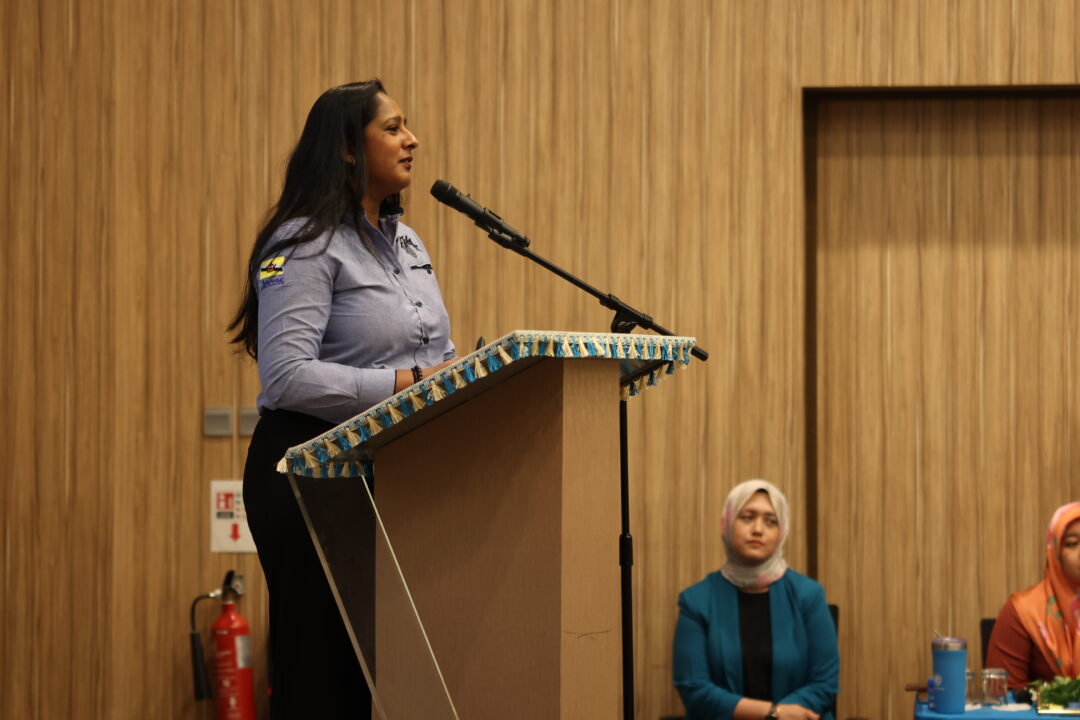
Tell us about your #impact organization, Big Begawan (Big BWN).
We engage in a diverse range of activities, with a strong focus on youth and community development. Our community projects gradually expanded into other areas as we identified various needs. Our current major focus is on digital literacy, but we also emphasize youth and women empowerment, environmental initiatives, and capacity building.
Our grassroots work focuses on rural communities in Brunei, allowing us to be flexible with project topics. We always ensure we’re teaching something the community wants to learn. We often work closely with government agencies and stakeholders. For instance, the Brunei Council on Social Welfare (MKM) oversees many of our projects, given their chair position at AXM in Brunei.
Although Brunei lacks proper registration for social enterprises or nonprofits, we operate more as a for-profit. The funding we receive for projects goes into running programs at our Kampong Bolkiah Community Development Center. We also manage several charitable initiatives.
I’ve been running Big Begawan for nine years, and it’s been incredibly meaningful to see our impact grow.
My number one goal is to make Bruneians self-sustainable.
– Fisha Rashid, Founder of Big BWN Project
I’m a realist, and while some might call me pessimistic, I foresee economic challenges for Brunei. By offering various programs and opportunities, I aim to help people become more self-reliant, start their own businesses, and reduce dependency on the government. This mindset shift is crucial for Brunei’s future.
How did you begin your #impact journey?
So, here’s how it all began. After I graduated from university in Wales and returned to Brunei in 2013, it was the peak of online businesses, especially on Instagram. I remembered the vibrant markets in the UK and thought it would be amazing to have something similar for all the home-based businesses in Brunei. A friend challenged me to make it happen, so I took it on, even though it wasn’t in my career plans.
We started with events focused on helping small businesses with market validation and research. We’ve worked with almost 10,000 small businesses to date, encouraging people to become entrepreneurs, especially because of the high unemployment rate in Brunei. Our goal was to help people become self-sustainable and less reliant on government support.
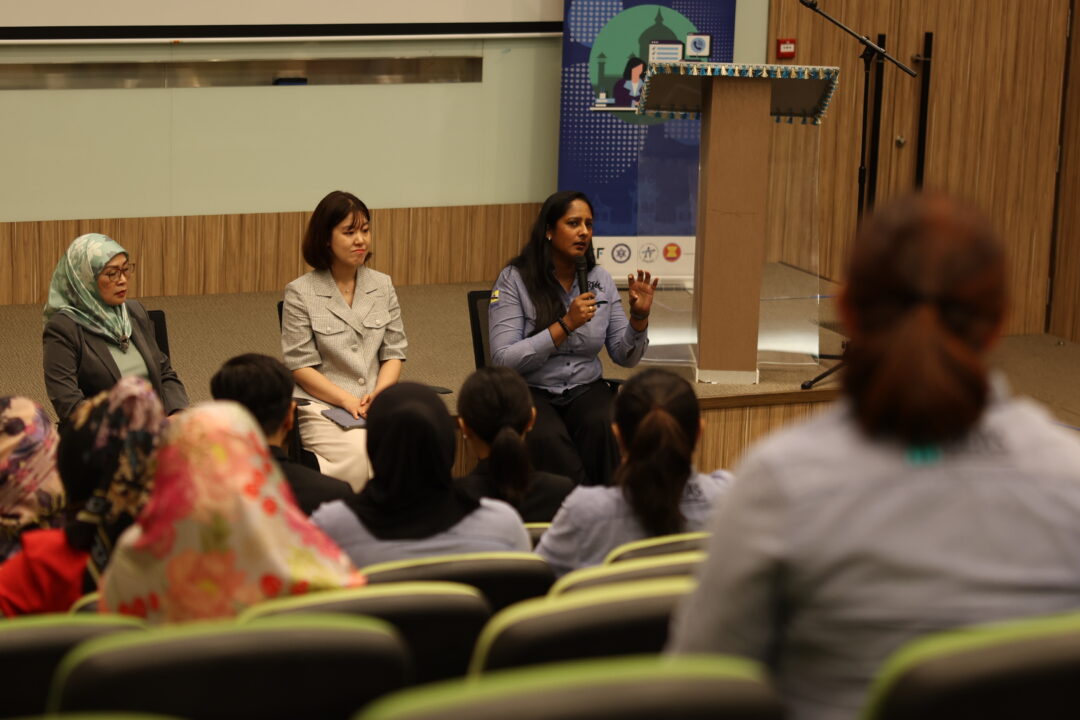
Initially, I juggled this with my full-time job, but the feedback we received showed a need for more structured programs. People often said they wished they had learned these skills earlier. So, I trained myself, collaborated with others, and we started creating capacity-building programs. We’ve done numerous programs across all four districts, and Big BWN projects have reached over 100,000 people.
How did you find your niche in capacity building?
Capacity building is a top priority, especially in education and digital literacy. In Brunei, while digital literacy is high, it’s not quality literacy—people are just going through the motions. Economically, we need more opportunities. For instance, I’m working on the Ideas Project with Korea, providing participants with funding to start businesses and open bank accounts. Someone pointed out that this should be the government’s role, and I didn’t know how to respond.
Despite the challenges, I enjoy working with people and making a difference, so I’m not complaining.
– Fisha Rashid, Founder of Big BWN Project
We need funding to run programs in Brunei, like the Ideas Project, which is supported by the Korean Fund. There’s a demand for such programs here, but not enough is being done. I believe in teaching people long-term skills rather than just giving them money.
Can you tell us about your recent programs?
One of our recent programs is Go Digital ASEAN, with Asia Foundation and funded by Google.org. We’re collaborating with the telco industry and the Brunei Ministry of Education to implement this.This project was a blast and a real eye-opener, as we did extensive community outreach.
We aim to train 5,000 people across Brunei, focusing on misinformation and disinformation. We conducted research through focus group discussions, interviews with community leaders, and surveys. Based on the feedback, we’ve developed a new program called “Malia Pintari Cyber“, meaning digitally savvy youth.
Currently at its second phase, we focus on digital literacy for MSMEs, small businesses, and home-based businesses. This program helps them use digital tools for business development, financial planning, digital marketing, cybersecurity, and financial literacy.
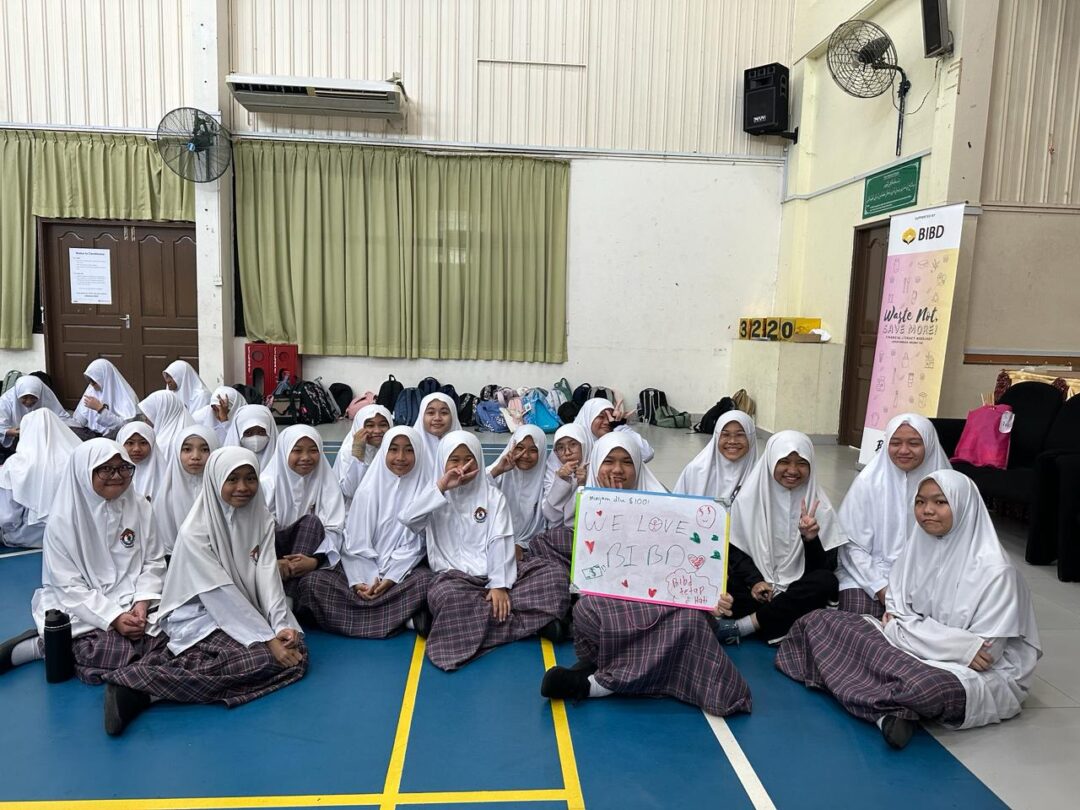
Our projects often evolve into continuous programs, ensuring sustainability. This digital literacy initiative has been impactful, reaching many people, and we plan to launch more by the end of next month. The Asia Foundation also provided a training of trainers for us, enhancing our capacity to deliver these programs effectively.
What are some of the challenges faced in your #impact journey?
Brunei lacks a clear definition for social enterprises, making registration challenging. We’re registered as a sole proprietorship, which means our social enterprise model isn’t closely scrutinized. There were talks about creating a social enterprise definition under our policy, but it never materialized. For things to change, we need to establish the basics first, then everything else will follow. But Brunei is still at times very traditional and slow to adopt new policies, making it very difficult. Despite these challenges, I keep pushing forward, relying on the relationships I’ve built over the years to find opportunities.
Initially, getting government support was tough, especially from older civil servants who didn’t understand our vision. I often had my permits rejected. But I stayed persistent, and eventually, they taught me the proper processes. Collaboration made things easier, and now I work closely with some government agencies on campaigns. Networking has been crucial; meeting many people has helped me get things done.
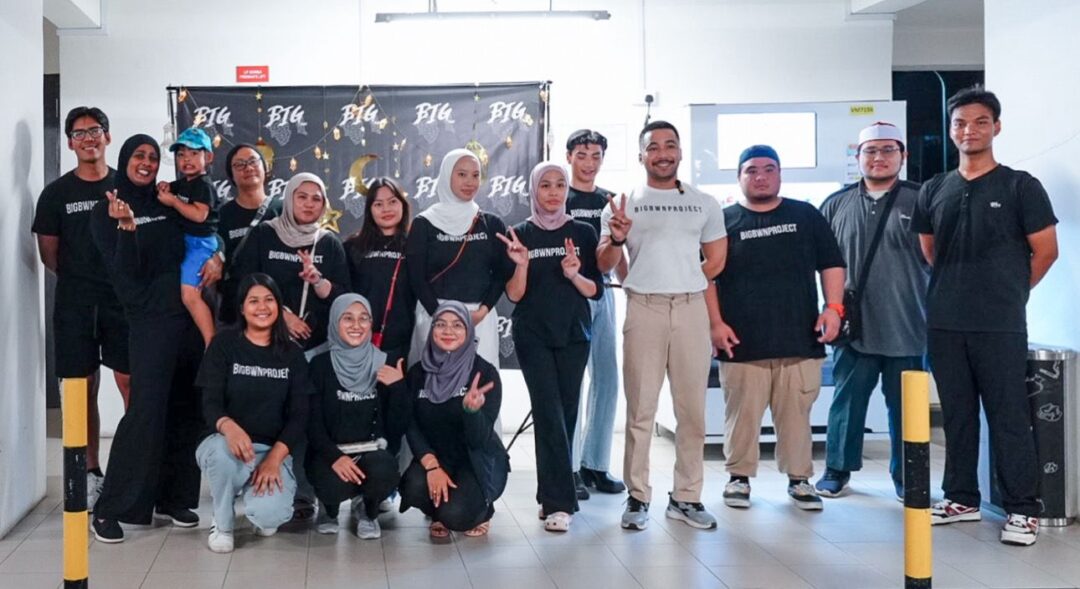
If only we had more funding! I’ve tried countless times to get even small amounts from government agencies, but they always claim there’s no budget. It would be a huge help if the government made it easier for people like us to do our work. Often, we do our own thing and only involve the government later to make it official.
What message would you share with budding ASEAN impact businesses?
If you have a goal and you’re feeling doubtful, just go for it. Ignore the doubts and take action. Especially in social or impact enterprises, it’s crucial to remember who and what we’re working for—the impact we aim to make is always bigger than us. We have a duty towards others, and the most important thing is what we do for them. So, keep that in mind and keep pushing forward.
*Photos courtesy of Fisha Rashid.
Learn more about Big BWN Project on their website: https://www.bigbwnproject.com/
Disclaimers: This article does not constitute the promotion of the featured business. Interviews have been edited for clarity and conciseness.
| #ImpactASEAN is an initiative by the ASEAN-Japan Centre to spotlight impact investment & sustainable finance ecosystem actors of ASEAN and Japan. The ASEAN-Japan Centre works as an Enabler collaborating directly with its counterparts to promote impact investment through seminars, collaborative workshops, company visits, and research publications among others. Be a part of the #imapct and send us an email at info_rpa@asean.or.jp. |


